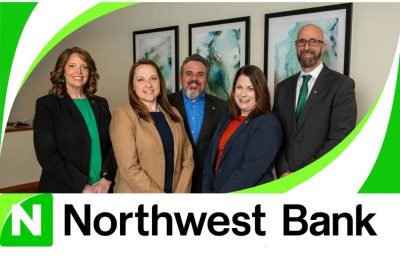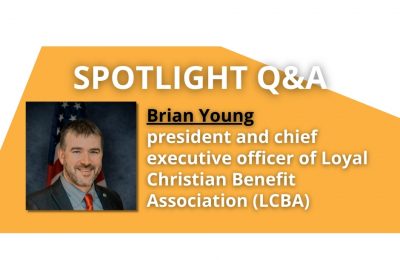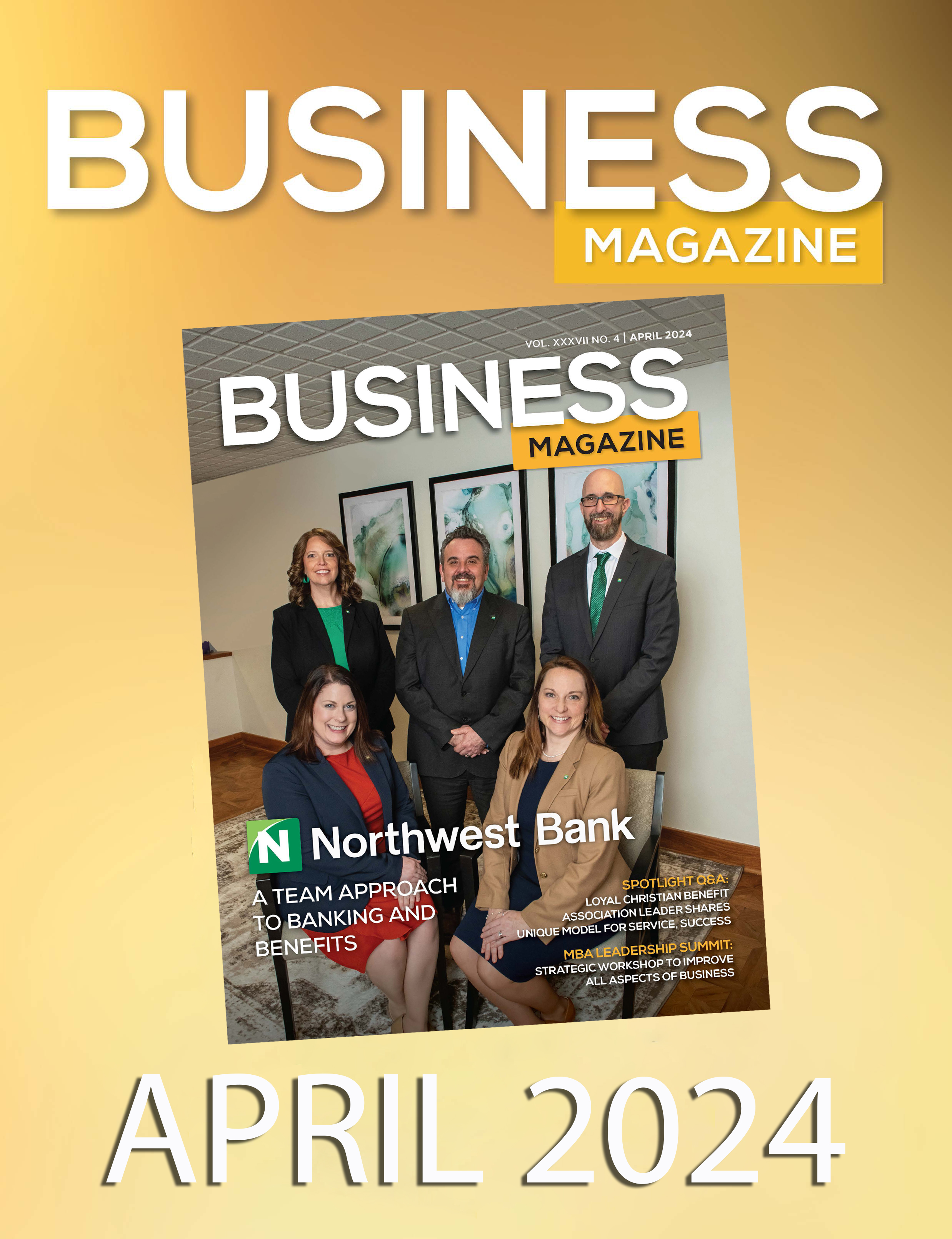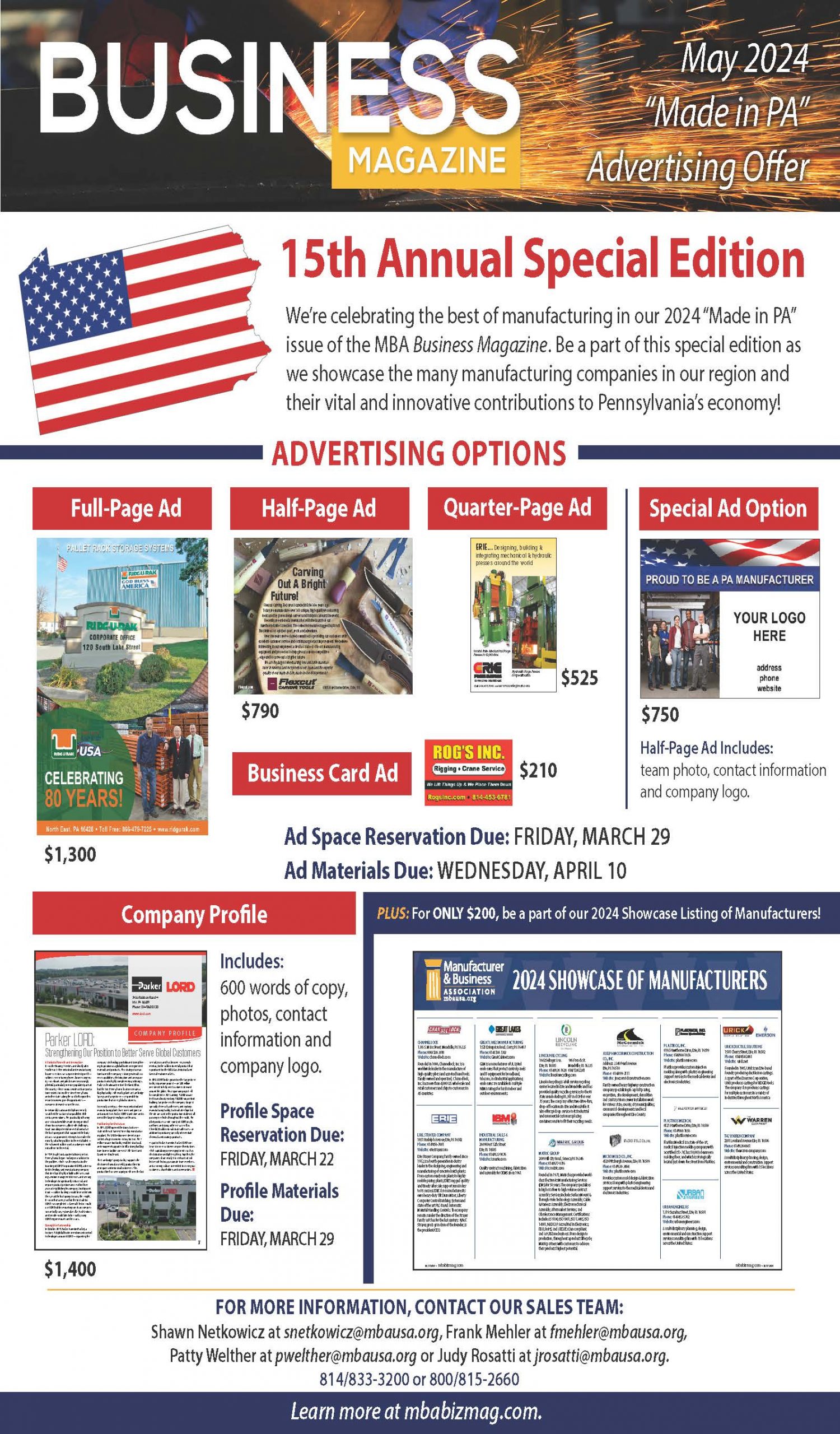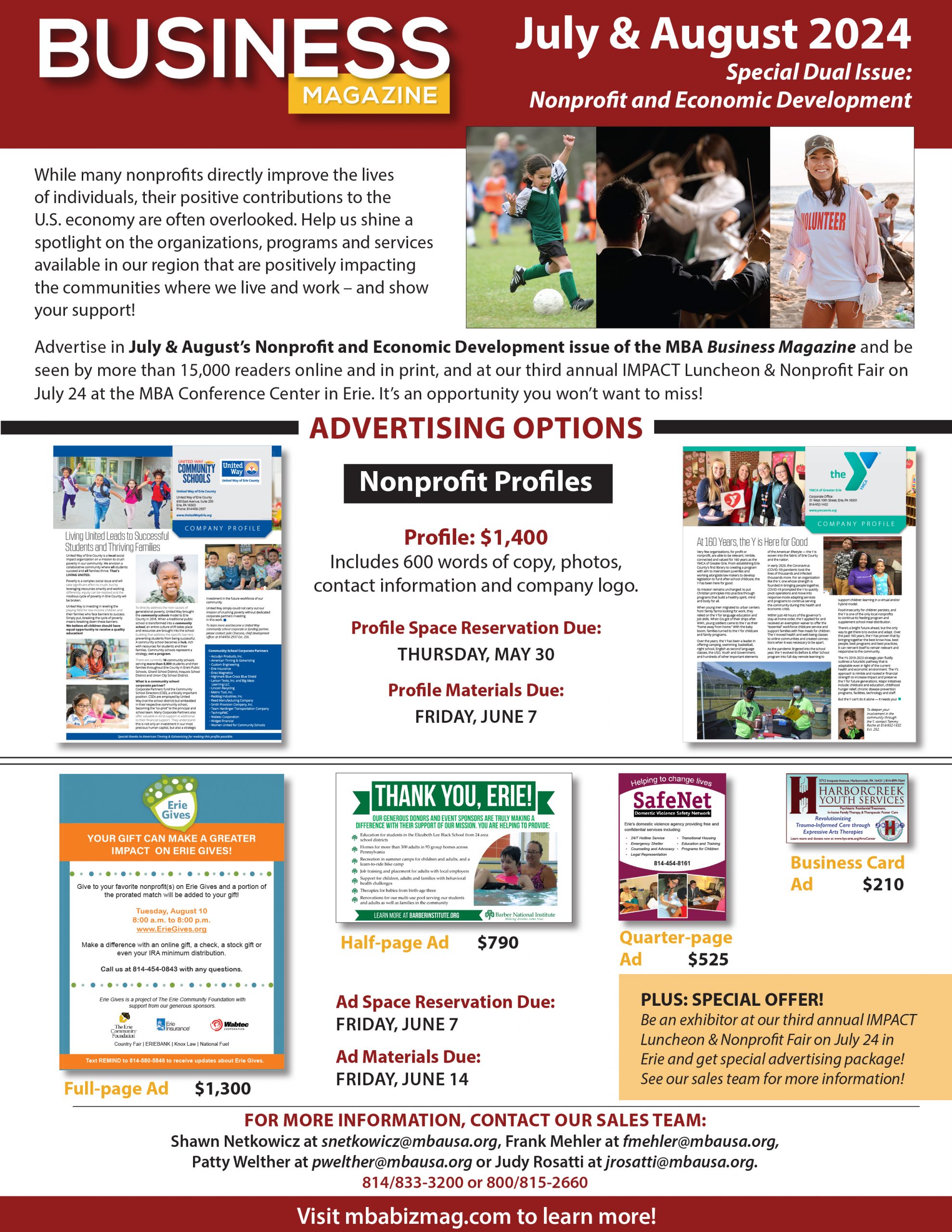Daniel J. Walters is an associate in the MacDonald Illig Attorneys’ Trusts & Estates, Tax and Business Transactions practice groups where he assists on various client matters. He received his law degree from the University of Pittsburgh School of Law with a concentration in Tax Law.
Ever since General Electric started the first corporate matching gift program in 1954, many other businesses have followed suit. Today, thousands of companies have some type of matching gift program through which hundreds of millions of dollars are distributed to charities on an annual basis, making these programs one of the primary ways businesses give back to their communities. Many large corporations, such as Apple, PepsiCo and ExxonMobil have matching gift programs. However, these programs are not only for large multinational corporations. These programs can be created and implemented by companies of all sizes.
There are countless reasons for starting such a matching gift program with your own company. Two in particular should be kept in mind. First, studies have shown that employees find great satisfaction in the fact that their employer is willing to match their donations. The presence or absence of a charitable match program is a material factor in employee recruitment for many prospective employees. Second, a charitable match program helps the company engage and interact in a positive manner with its employees while promoting charitable giving. These programs improve employee morale and enhance the public image of the company.
What Employers Should Know
When it comes to actually starting a matching gift program, companies should keep several things in mind.
First, the company must decide what organizations will be eligible for a matching contribution. At a minimum, the organization must be a Section 501(c)(3) charitable organization or governmental entity that is eligible to receive tax deductible contributions under the Internal Revenue Code. Beyond that, the employer has wide discretion in identifying which organizations are eligible. The employer could simply have a list of eligible organizations. The employer could limit the eligible organizations to a certain geographical area or to certain categories of charitable organizations.
And/or the employer could exclude certain classes of organizations.
Second, companies should establish a minimum and maximum eligible donation amount. Generally, companies have a minimum match of $25. Maximums range greatly, with the median in the $1,000 to $2,000 range.
Third, the ratio for matching the gifts must be determined. Companies usually match gifts on a 1-to-1 basis, but some companies have increased this to a 3-to-1 basis. The ratio selected by the company should be determined in conjunction with the minimum and maximum match amounts it selects.
Fourth, the company must decide which employees will be eligible for the program. Will only full-time employees be eligible? Or, will the program extend to part-time employees, retirees and even surviving spouses of retirees? Some companies have limited their programs to full-time employees, while others have included all of the classes mentioned above.
Fifth, companies will have to determine how the program will be administered. Most companies with matching gift programs have their HR department handle the logistics of the program. This includes notifying employees and advertising the existence of the program. Also, setting deadlines for when donations are due. In some instances, a community foundation acts as a clearinghouse for a matching gift program.
Finally, the matching gift program must be reduced to writing. The program should remain simple so that employees can easily understand its core components. This can typically be accomplished with a simple one-page matching gift program form that explains all the details. The form should be readily available to employees, typically through a company contact person within the HR department.
Keep in Mind
Creating and implementing a matching gift program is a fairly straightforward process, but should always be done in consultation with legal counsel. Counsel will help ensure that your company’s mission and goals for the program are achieved, and that the process for administering the program is as seamless as possible.
For more information, contact MacDonald Illig Attorneys at 814/870-7600.



